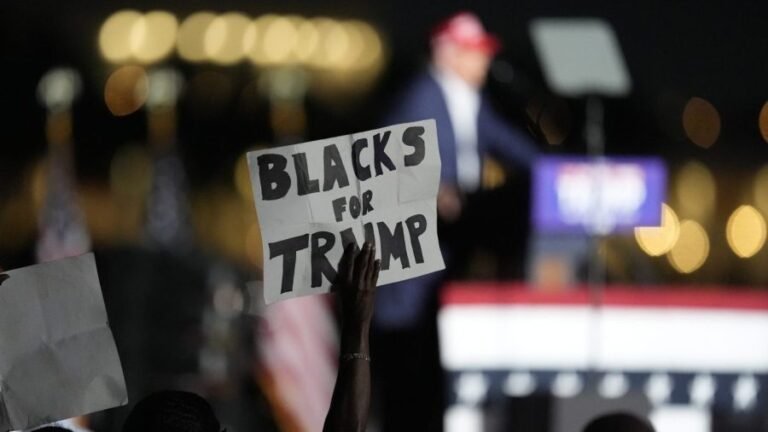
Although it’s a relief to know that President Trump has instructed God to bless Israel and Iran, it’s obviously too soon to know whether the resultant ceasefire will hold and whether Iran will agree to abandon its quest for nuclear weapons.
If things work out, the U.S. president will be a hero. If they don’t, he won’t.
The implications of the American attack on Iran may be more certain for Russia and Ukraine.
We know that the Kremlin is upset. Oblivious to the irony, Russian President Vladimir Putin called it “an absolutely unprovoked aggression against Iran.” Putin evidently failed to see that his criticism of Trump applies with equal force to his “absolutely unprovoked aggression” against Ukraine.
On the other hand, Putin might take solace from the fact that Trump’s indifference to international law mirrors his own. In effect, if not in intent, Trump legitimized Russia’s invasion of Ukraine — as if either man cared about such legal subtleties.
So much for the semi-good news for Russia. In contrast, the bad news is really bad.
For starters, Trump demonstrated that the U.S. is a legitimate military superpower — unlike Putin’s Russia, which has lost over 1 million men and thousands of tanks and vehicles in its hopeless struggle against Ukraine. Trump showed that Russia is a bit player with oversized delusions of grandeur.
One Russian supremacist, the self-styled philosopher Aleksandr Dugin, concluded that Trump’s attack could even undermine Russia. “Some still cling to the illusion that World War III might somehow pass us by. It won’t,” Dugin said. “We are already in the thick of it. The U.S. has carried out a bombing strike against Iran — our ally. Nothing stopped them. And if nothing stopped them from bombing Iran, then nothing will stop them from targeting us next. At some point, they may decide that Russia, like Iran, shouldn’t be allowed to possess nuclear weapons — or find some other pretext to strike. Make no mistake: we are at war.”
Equally oblivious to irony was Konstantin Kosachev, the vice speaker of the Federation Council, who noted: “Let’s state the obvious: Iraq, Libya — and now Iran — were bombed because they couldn’t hit back … The message to so-called ‘threshold’ nations couldn’t be clearer: If you don’t want to be bombed by the West, arm yourself. Build deterrence. Go all the way — even to the point of developing weapons of mass destruction. That’s the grim conclusion many countries will draw. It’s a dangerous lesson, and one that flies in the face of global security and the very idea of a rules-based international order.”
Ukraine has no intention to acquire the bomb, but according to Kosachev it should. Is Putin listening?
Both Dugin and Kosachev implicitly suggested that, just as Trump might turn out to be the hero, Putin was definitely the incompetent emperor with almost no clothes. After all, who if not Putin misjudged Trump, lost Iran, induced NATO to expand and entangled Russia in an unwinnable war? One can well imagine the Russian dictator’s sense of betrayal by his pal Trump.
The key question at present is whether Trump will react to Putin’s criticism of his assertion of American power with the realization — finally — that Putin is no different from the ayatollah, and that Russia is as much of a threat to Ukraine and the West as Iran was a threat to Israel and its allies. Such an eventuality still seems unlikely in view of Trump’s consistently cuddly treatment of Putin and his fascist regime, but miracles do occasionally happen.
Russia has also been exposed as a fair-weather friend. To be sure, its Treaty on Comprehensive Strategic Partnership with Iran — signed earlier this year — did not obligate Moscow to provide military assistance, but Tehran surely expected a bit more from the country it supplied with thousands of deadly Shahed drones at Russia’s time of need. Did Russia just admit to being a paper tiger? Its allies and friends will remember that Moscow’s promises may be less trustworthy than Washington’s threats.
Bad news for Russia always means good news for Ukraine. True, the war in Ukraine has dropped out of the public eye. Oil prices have risen. But Putin is very likely to commit an atrocity that will remind the West of Ukraine’s fight, and the spike in oil prices appears to be temporary.
All in all, Putin and Russia are losers, whereas the U.S. and Ukraine are probable winners.
Alexander J. Motyl is a professor of political science at Rutgers University-Newark. A specialist on Ukraine, Russia and the USSR, and on nationalism, revolutions, empires and theory, he is the author of 10 books of nonfiction, as well as “Imperial Ends: The Decay, Collapse, and Revival of Empires” and “Why Empires Reemerge: Imperial Collapse and Imperial Revival in Comparative Perspective.”


